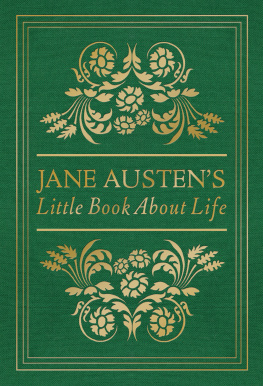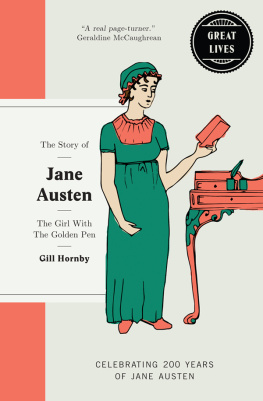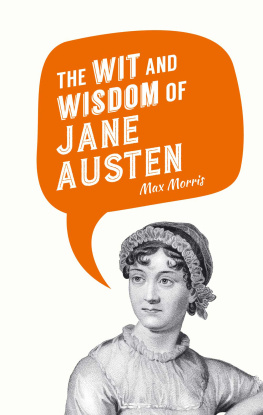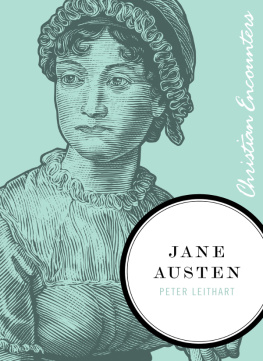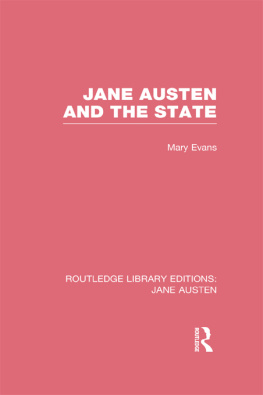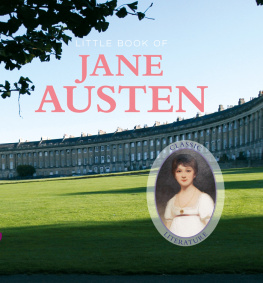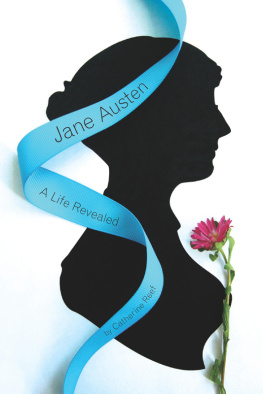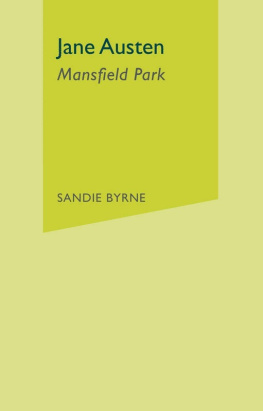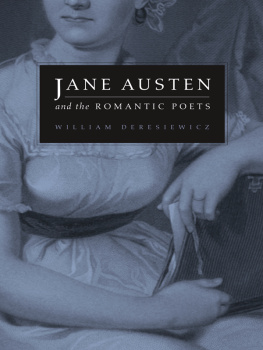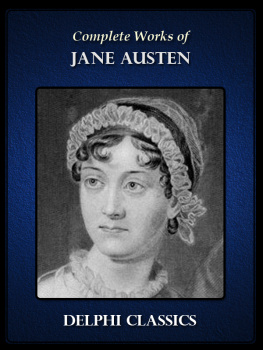W ILD AND EXTRAORDINARY STORIES OFTEN HAVE COMPLETELY ordinary beginnings, and this one, the story of how I became obsessed with seven British women, is no different. It happened one summer evening a few years ago, sometime after I had packed up and moved from Montana to South Korea with my husband to teach college-level English. I had found myself in Minneapolis, dreadfully jetlagged and dressed for a night at the theater. The city was in the midst of one of the worst heat waves in its already well-broiled history, and considering this formal occasion had called for my prettiest closed-toe pumps and a structured skirt, I was feeling rather wilted and impatient by the time I sank into my seat.
I waited in the hushed, darkened, delightfully air-conditioned space, and when the curtain finally rose to reveal the illuminated set, I was reminded of the reason for my coming despite the heat: this was an adaptation of one of the most important books of my then-thirty-year life, Pride and Prejudice, and there I sat, about to see it performed on the professional stage. That I had been able to come to Minneapolis at all, able to visit friends at exactly the right timefriends who I hope will forgive me for what Ive written herewas a stroke of unreasonably good fortune, as this happened to be the final performance of the show.
At that time, there was no author more dominant or more valued in my life than Jane Austen. Id read and reread her books; Id seen every film adaptation; Id wondered aloud to many patient friends about the miseducation of Marianne Dashwood, pointed out the notes of Gothic parody in Northanger Abbey; Id even come to enjoy certain fan fiction based on Janes * settings and characters; and Id begun writing book reviews for the ravenous online Janeite community (which I loved). My early twenties had been a blur of academic books, conferences, seminars, and trips to remote subarctic archipelagos in pursuit of a graduate degree in ethnomusicologywhich is, essentially, the anthropology of music. (It was this course of study, with its emphasis on the social and cultural context of art, that ignited my passion for literature even as I remained busily devoted to music research.) But, later on, in my stormy post-MA years, Janes novels became places of refuge in a land of turmoil, buoys on a sea of uncertainty as I, like many other graduate students, wondered whether Id indulged myself too long in the comforting bosom of education. I was hookedaddicted, you might sayto Jane. Sense and Sensibility, Mansfield Park, and all the rest were, for me, fast passage to a land of delicious fantasy, one of misty gardens and snug cottages in Devonshire; of hours spent reading and writing (without wondering whether it was worth it); and of marriage to a wealthy man who had no other care in the world except me, one who offered a stress-free love nest and an exquisite, comfortable life. It was a blissful picture, and I reveled in it.
Yet, attractive as it was, as I progressed out of my post-graduate haze, this land of sugary perfection became cloying. I yearned for stiffer stuff, stories with more menace, more dramatic density. So I walked down the well-trodden path from Jane to her successors, Charlotte and Emily Bront (Anne Bront too, but to a lesser extent, becauseas Ill discuss in greater detailin terms of style her writing stands strikingly apart from that of her more romantically inclined sisters and was, as a result, less appealing during a time of my life when escapism was more important than realism), and found a whole other fantasy to cling to, this one darker and more brooding, though. Jane Eyre and Wuthering Heights filled my head with images of windswept moors, cloud-curtained fields, dark, barren houses, and crumbling ancient stones, and my heart with a feeling of forlorn, untamed coarseness that offset the warmth and refined rosiness of Austens universe. (This disparitywildness in place of calm; unbridled passion in place of sweet, decorous admiration from afarCharlotte Bront herself acknowledged: she allowed her characters to explore the darker side of love, the heated, confusing, consuming side of itbut Jane? In Charlottes opinion, Jane had hedged her ladies and gentlemen behind a carefully-fenced, highly cultivated garden with neat borders and delicate flowers, where no open countryno fresh airno blue hillno bonny beck could encroach on a meticulously designed, balanced, harmonious plot.)
There I dwelt, with Jane and Charlotte and Emily, each experience with them bringing more and more structure to my dreamscape. For nearly a decade, no matter which corner of literary England I chose to occupy at a particular momentwhether I wished to prance among the flowers or hunker down in the mossas a place it was as powerful in my mind as the stories unfolding within it. Each time I reread Shirley or Persuasion, it felt like returning to a safe haven of beauty and poetry; simply by reading, I could effortlessly inhabit a fictional England. It was all so personal, so romantic, so intimate. The bleak landscapes and exaggerated satire of Dickenss and Thackerays Englands just couldnt hold a candle to those of my literary ladies.
I could easily have stayed sequestered in these Englands were it not for that sweltering summers eve in that air-conditioned theater. As the curtain came up, my heart was in my throat. How beautiful this would be, my dreamy reverie come to life: cottages and lace, elegance incarnate! And to be there, 6,200 miles away from my job and my apartment, at this exact moment in time, to see ithow lucky was I?
As you might already have guessed, it wasnt like that at all; it was a disaster. As soon as the curtain retreated into the proscenium arch, the orchestra whipped into a springy jig and five girls burst from backstage in peals of shrill laughter. Elizabeth, Jane, Mary, Kitty, and Lydia Bennet twirled and tittered, giggled and gossiped, whispering behind their hands as a parade of eligible bachelors dutifully danced before them. Ten minutes in, I could see it: this was saccharine silliness, the opposite of what Id expected. Where was the poise, where were the delicate depths of feeling balanced by the gentle drawing-room ripostes that give Janes fiction its witty edge?
Irritation bubbled at the back of my throat as I watched my beloved Pride and Prejudice turn into a kind of British Bye Bye Birdie. At my elbow, my friends were nudging me, trying to get my attention, as if to say, Isnt this great, Shelley? Isnt it just so perfectly Jane? But my mind was turning over with too much fervor to respond, for at that moment Id been struck by a sobering realization: The world Id dreamed of while reading Janes novels was made of my constructs, my images. They werent part of Pride and Prejudice; they were attached to my experience of reading it. And, as was quickly becoming apparent, they were not universal. Where Id seen erudition, subtle wit, and quiet country vistas, the director of this play had seen flirtation and farce.
That night in the theater, my Austenian castle in the air (a phrase one of our forgotten ladies of literature, Sara Coleridge, used herself) tumbled down under the weight of my awarenessand the neighboring Brontan palace was not far behind it. All this because of something I really should have seen coming. If Jane and Charlotte and Emily werent purveyors of a certain English sentiment, a malleable construct that appealed to our nostalgic (and aspirational) desires and onto which we could project our needs and adapt to suit our temperaments, emotions, and fantasiesespecially in troubled timeswould I, would


